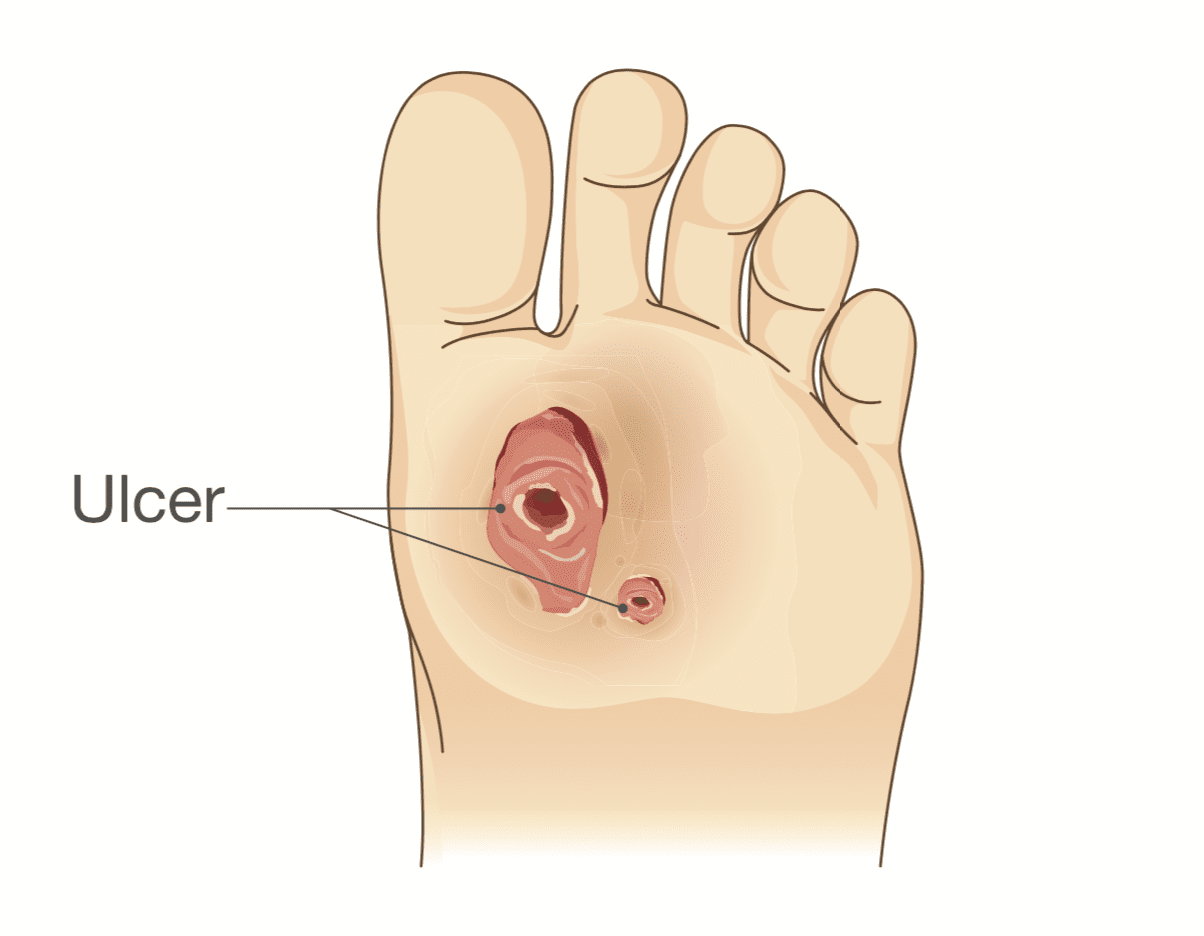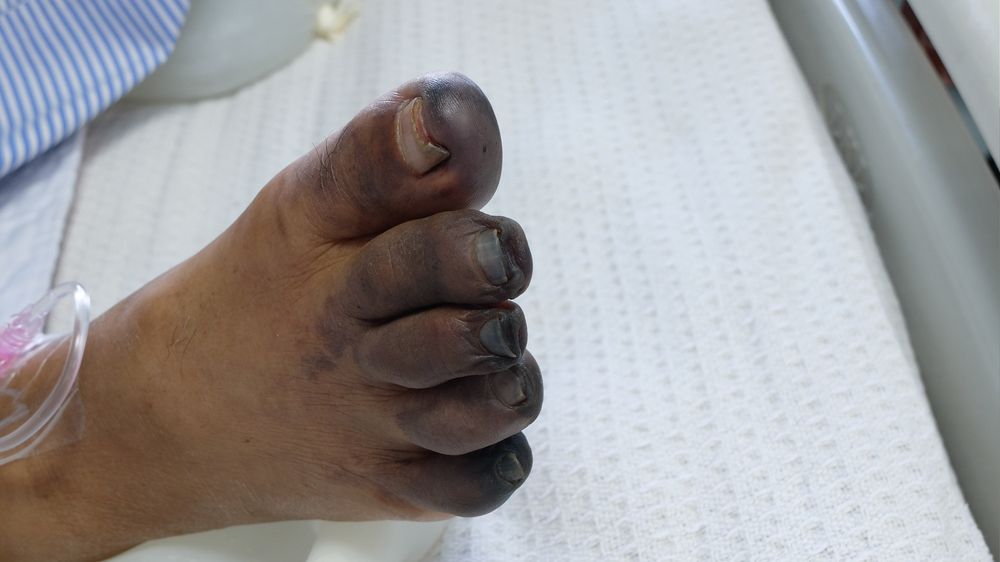Vascular and Vein Institute of the South
Gangrene Q & A
What is gangrene?
Ordinarily, your cardiovascular system delivers blood and nutrients to all areas of your body in a well-coordinated process. Your body’s tissues depend on these nutrients to maintain and build themselves, and ultimately, to stay alive. If this process is interrupted, problems can develop. Gangrene is a term that refers to the death of body tissue due to a lack of blood flow or a serious infection.
Gangrene is a dangerous condition that most often affects the extremities, such as your hands, feet, fingers, or toes. If you have a medical condition that affects your blood flow, such as diabetes or atherosclerosis, you have an increased chance of developing gangrene. Recognizing the symptoms of gangrene and seeking professional medical care is essential to ensure the best treatment outcomes
What are the symptoms of gangrene?
Gangrene can present in different areas of your body and in different ways. There is a range of symptoms that you may experience, including:
- Pale, blue, black, bronze, or red skin
- A clear line separating healthy or damaged skin
- Swelling
- Blisters with fluid
- Foul odor from the skin
- Sudden pain
- Numbness
- Cold skin
- Fever
Gangrene can lead to a severe, life-threatening condition called septic shock. If you develop fever, low blood pressure, confusion, shortness of breath, or lightheadedness, seek medical care immediately.
Certain factors can increase your chances of developing gangrene. These include:
- Diabetes
- Smoking
- Blood vessel disease
- Obesity
- Immunosuppression
- Severe injury
If you suspect that you or a loved one may be at risk for developing gangrene, please contact us immediately.
How is gangrene treated?
Often, surgery is needed to remove dead tissue. We may recommend surgery to improve blood vessel function in the area to avoid gangrene from developing further. Several operations may be needed. If left untreated, gangrene can even lead to the loss of a finger, toe, or limb.
To learn more about gangrene and how you can get the treatment you need, call or schedule you appointment online today.




